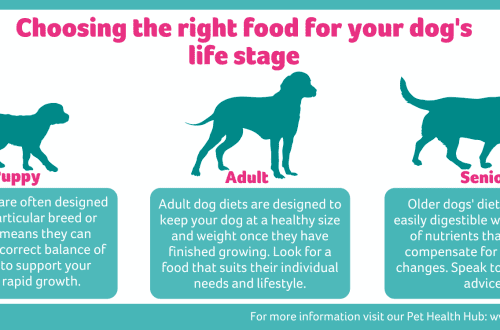
Which food reviews should you trust?
Dog food reviews are posted on numerous websites today, but how can you tell the difference between genuine reviews and those left by those who promote certain brands or have a vested interest? The tips below will help you analyze the consumer reviews you find online so you can be critical in finding the right product for your pet.
Contents
1. Read the site policy.
Before looking at the various dog food ratings on the internet, check the guidelines for writing reviews on the respective site. Some sites do not track their rankings and allow you to post without registering. Others scrutinize all ratings submitted by users to separate profanity reviews, competitive product presentations, and similar forms of spam from more credible consumer reviews. By knowing the terms of use of a site that publishes consumer content, you can distinguish genuine reviews from fake ones.
2. Read more reviews.
No matter how good a product is, there will always be someone who will be dissatisfied with it. Examine a wide range of reviews to identify trends in each shopper’s observations. If there is one negative review for every dozen positive reviews, the product is probably good, but repeated complaints about the same problem may indicate that the negative is justified. Look for recurring themes rather than basing your decision on a single extended comment. Remember that all dogs are different, but if you see a complaint that repeats itself over and over again, you should still find an alternative dog food.
3. Evaluate the information about the reviewer.
Some sites filter reviews or only allow qualified people to comment on health issues related to pet food. Such domains are proud of their members and publish their data next to their names. Accordingly, if you see titles such as Doctor of Veterinary Sciences or Veterinary Assistant, you can assume that the reviewer has a good understanding of what ingredients should be contained in a quality product.
4. Beware of unsubstantiated claims of usefulness.
Not all dog food is the same. Foods such as Hill’s Prescription Diet offer nutritional solutions for specific pet health problems and should only be purchased on the advice of a veterinarian. Dog food reviews claiming that a particular product “cured” a dog can be left by pet owners who misunderstand cause and effect. For example, weight management products often work differently depending on the breed and activity level of the dog.
Check product information carefully against all dog food ratings and only trust companies and brands that back up their claims with scientific research. The same goes for claims that certain foods are bad for dogs. If you find claims that a particular dog food has made animals sick or dead, you should contact the manufacturer to see if the claims are substantiated, or consult your veterinarian if you have any doubts. They research the foods they choose just as you would and will be able to give you a good idea of whether a particular type of dog food might be harmful to your four-legged friend.
5. Read the entire review.
People tend to scan reviews diagonally and only notice the asterisks or numerical ratings assigned to dog food reviews. But the text of the review itself can give an idea of possible misunderstandings on the part of the reviewer, which led to a distorted result. The pet owner may not understand how organic ingredients affect the pet’s health, leading to judgments about certain ingredients based on false assumptions. Therefore, read the review in its entirety and make sure that the reviewer’s comments are justified.
6. Read carefully.
Criticism of dog food, whether it’s on a blog or on a brand’s website, can be misleading if the reviewer doesn’t understand the product they’re talking about. A user who mixes organic pet food with mass-produced varieties incorrectly balances their value with certain aspects of a dog’s health. All products are different in one way or another. If a reviewer talks about the benefits of one over the other, this is a strong indication that they are not very knowledgeable about the product’s ingredients or are simply judging its value based on what they think their pet likes.
If you are a truly conscientious pet owner, pay attention to the comments that carefully evaluate the composition of your pet’s food. It’s great that people leave dog food reviews, but you need to know exactly what you can and can’t put in your pet’s bowl, so your veterinarian is your best source of information on how to meet their specific nutritional needs. Only then can you be sure that you are feeding your dog a balanced diet based on genuine observations of health and well-being throughout all stages of his life. In addition, in all cases, it is necessary to monitor the health of the pet after you have chosen food for it. All pets will react differently to the food offered, so your dog is also a great source of food ratings and reviews.





